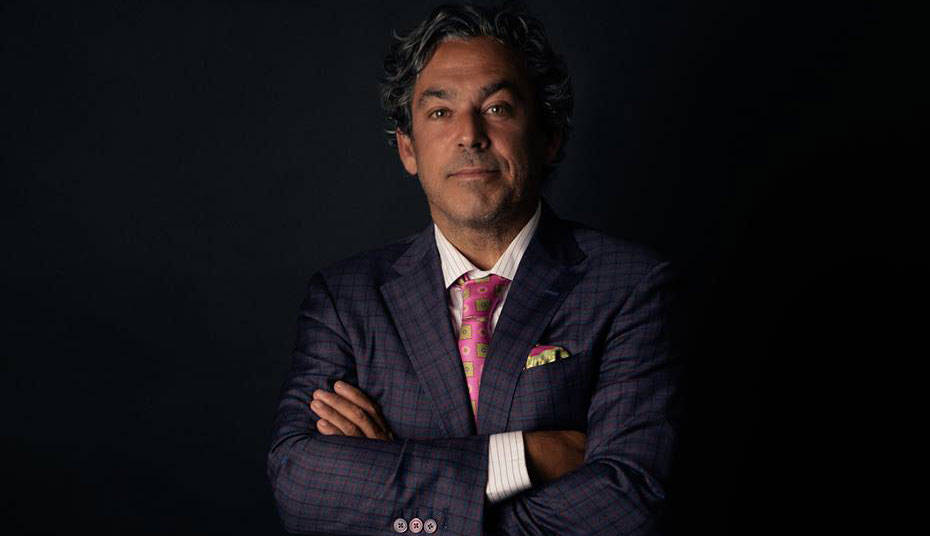About Joey

Joey Calderazzo grew up in New Rochelle, New York, in a musical family. He began classical piano lessons at eight, jazz piano lessons at 14, and by his high school years was performing with saxophonists Frank Foster and Dave Liebman in New York City.
"I was practicing classical piano for five hours a day," Calderazzo recalls. "I didn't love it. I was pretty good at playing Bach and Chopin Etudes. I wish I'd been forced to continue playing classical music but as soon as I it soon as I found jazz, I was done."
Jam sessions and gigs were plentiful during high school, and when his friends enrolled in Berklee, Calderazzo was awarded a scholarship. But his father died when he was 17—he wasn't emotionally ready for the rigors of Berklee. Instead, he'd join impromptu sessions at the Boston college, where he interacted with the musicians, then students, who would eventually define the sound of '90s New York City jazz: Branford Marsalis, Jeff Tain Watts, Kenny Kirkland, Donald Harrison, Wallace Roney, Marvin Smitty Smith.
Like many young and advanced musicians, Calderazzo was already playing solo piano, cruise ship gigs, and weekend hotel work. One such date changed the course of his life, forever.
"I was playing a house gig at the La Reserve Hotel in White Plains New York," Calderazzo says. "We had heavy cats on the bandstand. Frank Foster and Jeff "Tain" Watts did the gig. Michael Brecker had heard of me and played the gig to check me out. I'd met Brecker at a clinic he was doing at Long Island University in Brooklyn. We played a couple of songs. He came and did a gig with me at the hotel."
When Michael Brecker's then pianist Kenny Kirkland left to join Sting, the famous session player and tenor icon invited Calderazzo to join his band. Brecker had just released his 1987 Impulse! Records debut with a cast including Pat Metheny, Charlie Haden and Jack DeJohnette. The sky was officially the limit.
"I'd only been playing jazz for seven years when I got the gig with Mike," Calderazzo says. "I thought that was pretty amazing. Nobody knew who I was. It was the perfect storm because it's the long-awaited debut solo record of Michael Brecker. And it's a great record. We're touring and here I am, everyone is like 'who is this kid?' Within a year all the record companies were coming after me."
Brecker produced Calderazzo's 1990 Blue Note debut, In The Door, and enlisted the young pianist for every recording thereafter until his untimely death. In 1998, Branford Marsalis asked Calderazzo to join his quartet. Their association continues to this day.
"I have been so blessed, especially with Branford and Mike," Calderazzo recalls. "With Branford, Jeff 'Tain' Watts, and James Genus, we developed something special, a way of playing. Mike would go out and do other projects, but Branford's project is his quartet. I got spoiled. We play as a group and in jazz there aren't a lot of groups. This is special.
"All these experiences I've had help me with my trio," Calderazzo says. "The trio is a real improvising outlet. We play songs. Nothing's hard. That's what I like. We can play anything and improvisation is key. That's good for that."